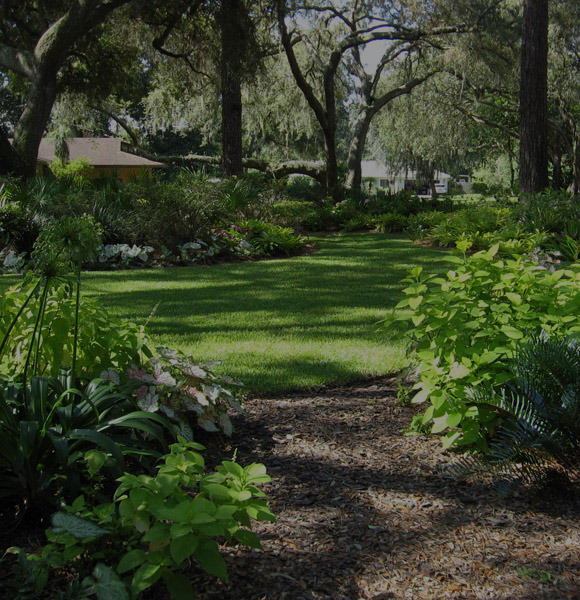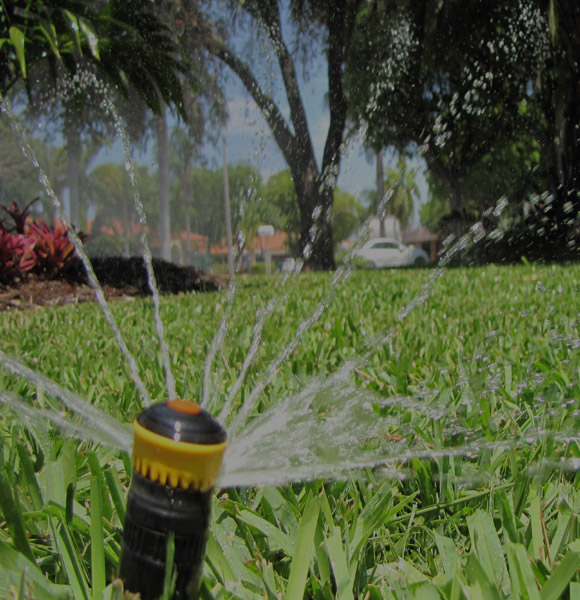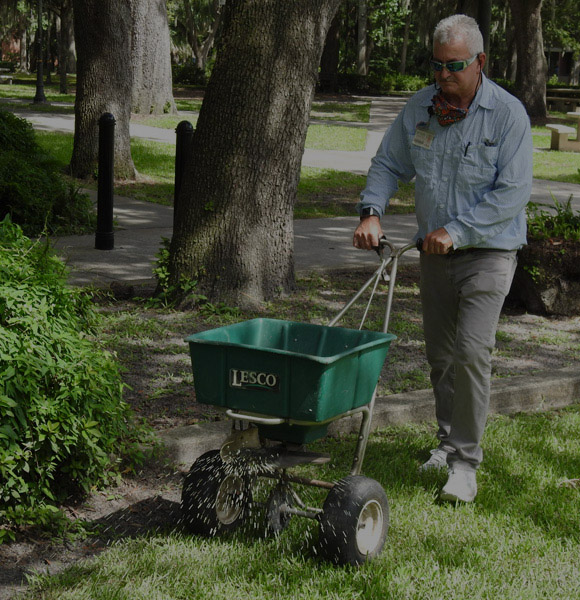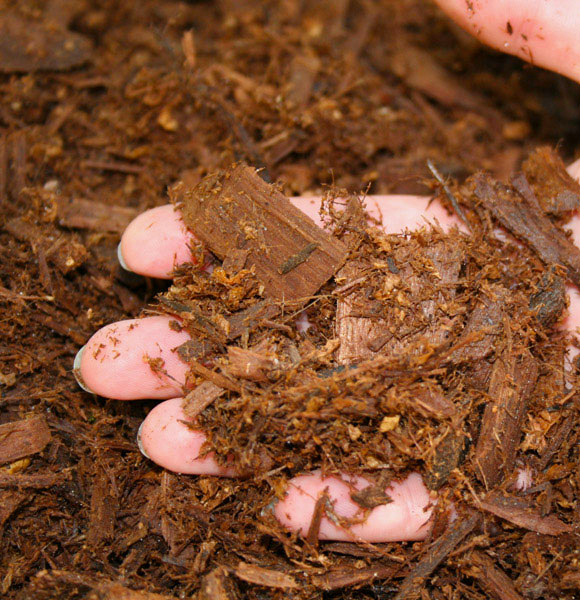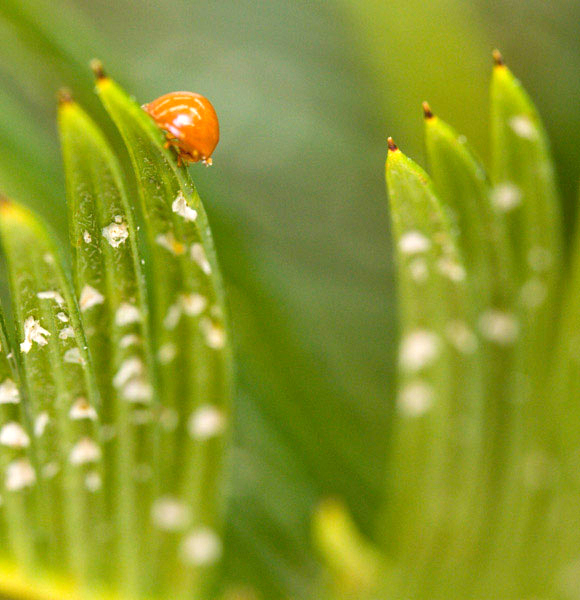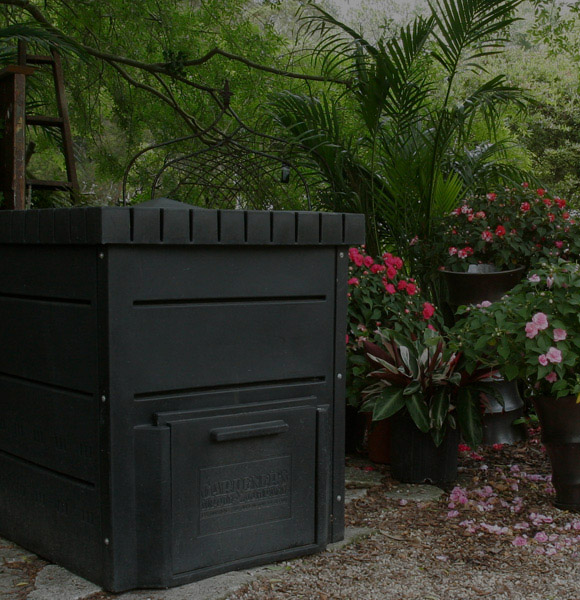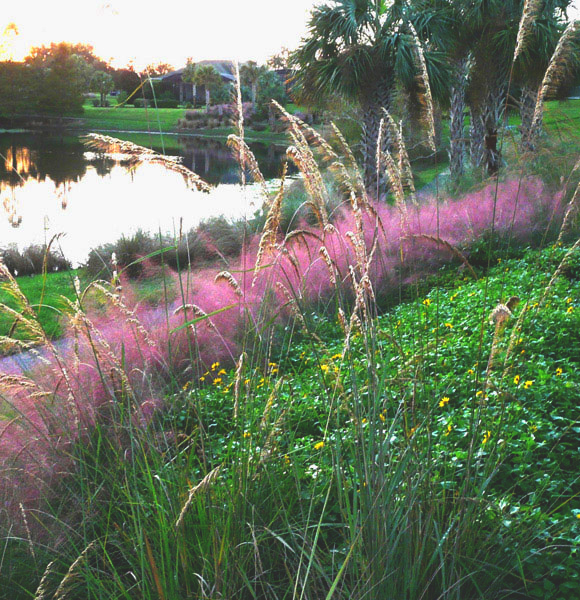Plants have varying nutrient needs, depending on the species, the age of the plant, and its location. It’s not always necessary to fertilize your plants or lawns, and too much fertilizer can weaken a plant, promote disease, and invite pests, in addition to wasting money and harming the environment. Before you fertilize, you should always determine if it’s really needed. Your county extension office can help you identify visual signs of nutrient deficiencies, as well as provide soil testing at a nominal fee to measure nutrient levels. If you do fertilize, always follow the fertilizer label directions and UF/IFAS recommended rates and application timings to prevent nutrient runoff and leaching which can pollute Florida’s waters. Be sure to follow any local fertilizer ordinances and ensure your landscape professional is a licensed fertilizer applicator.
Benefits:
- Ground and surface waters are protected from pollution
- Plant material has the correct color and appearance
- Plants flower and fruit appropriately
- Fertilizing only when necessary (not overfertilizing) saves money, reduces pest problems, and promotes healthy plant growth
- You may be more satisfied with the performance of the landscape plants and turfgrass
Excessive nutrient loading to Florida’s surface and ground waters is one of the biggest water quality issues facing communities across the state. It is far easier and much less expensive to minimize the amount of nutrients that get into your community’s waters than to remove them. A major source of nutrient loading is from fertilizers applied to urban landscapes. A comprehensive approach that uses the appropriate type of fertilizer, in the right amount, at the right time can reduce your community landscape’s nutrient inputs into local waterbodies. Always check for and follow local fertilizer ordinances. All commercial fertilizer applicators must have the Limited Urban Commercial Fertilizer Applicator Certificate from the Florida Department of Agriculture and Consumer Services (FDACS).
Benefits:
- Ground and surface waters are protected from pollution.
- Plant material has healthy color and appearance.
- Plants flower and fruit appropriately.
- Fertilizing only when necessary (not overfertilizing) saves money, reduces pest problems, and promotes healthy plant growth
- Commercial fertilizer applicators will be GI-BMP certified and know how to apply fertilizer responsibly.
Excessive nutrient loading to Florida’s surface and ground waters is one of the biggest water quality issues facing communities across the state. It is far easier and much less expensive to minimize the amount of nutrients that get into your Florida’s waters than to remove them. One source of nutrient loading is from fertilizers applied to urban landscapes. A comprehensive approach that uses the appropriate type of fertilizer, in the right amount, at the right time can reduce your community landscape’s nutrient inputs into local waterbodies. Always check for and follow local fertilizer ordinances. All fertilizer applicators must have the Limited Urban Commercial Fertilizer Applicator Certificate from the Florida Department of Agriculture and Consumer Services (FDACS) in order to apply fertilizer commercially.
Benefits:
- Commercial fertilizer applicators will be GI-BMP certified and know how to apply fertilizer responsibly
- Plant material will have a healthy color and appearance.
- Plants will flower and fruit appropriately
- Ground and surface waters will be protected from pollution
- Fertilize only when necessary (do not overfertilize) to save money, reduce pest problems, and promote healthy plant growth
- Turfgrass will have adequate nutrients to grow appropriately to represent the species
- Customers will be satisfied with the performance of the landscape plants and turfgrass

